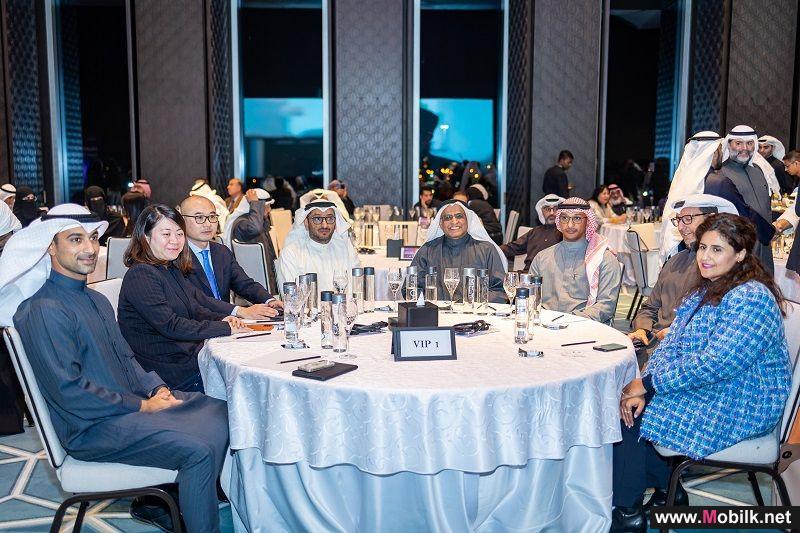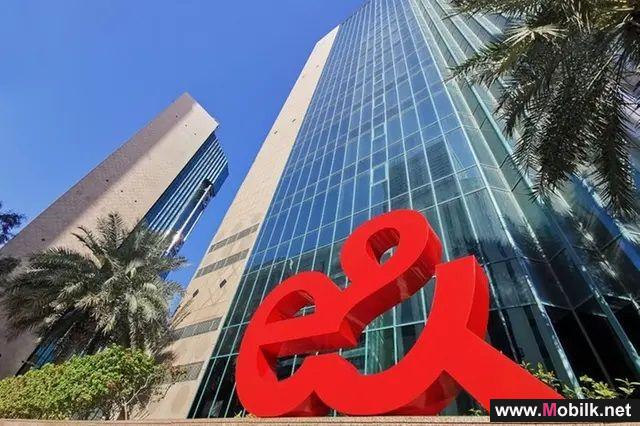Trend Micro Middle East 2012 Threat Predictions
Industry Specific Attacks, Data Leakage from Mobile Devices, Information and ID Theft through Social Networking, Identified as Key Areas of Concern for 2012
2012-02-05 - 10:13
GMT
 UAE
UAE
The Middle East in 2012 will see cybercriminals act with even more persistency and sophistication, as the region shifts from the PC-centric desktop toward mobile and cloud computing. Industry specific attacks, data leakage from mobile devices, theft through social networking are key areas of concern in 2012, say Trend Micro.
Trend Micro cannot emphasize enough, the importance for ITadministrator’s to ‘protect the data, not just the systems’ by implementing a data-centric framework.
“The Middle East is one of the fastest growing regions globally, and thisinstantaneously attracts cybercriminals. We are dealing with an epidemic that can literally cripple organizations, and having in place adequate security protocols, and by using the most up-to-date security products and solution is the only way to ensure business continuity,” commented Nick Black, Technical Manager, Trend Micro, Middle East and Africa.
Trend Micro’s “Middle East Threat Predictions for 2012” include:
Industry Specific Targets
Targeted attacks on organisations using specific software and applications will be prevalent in the Middle East. Exploits will become more specific and will be designed to target known vulnerabilities in regional organisations that are using this software. This may be industry specific such as Health Care with a goal of stealing personal data from medical records for example.
Data Leakage through mobile devices
In the Middle East mobile devices are increasingly popular. It is common for users in the region to expect to use their personal devices to access corporate applications and therefore data. Unfortunately the users that demand this access (and in most cases are granted access) may not be security aware. Simple security practices such as Anti malware, web reputation and mail reputation services are not something that the average regional user would consider when accessing corporate data. The expectation is that the organisation is responsible for securing the data. An effective security policy should include the users themselves and ensure that there is a shared responsibility mentality.
New technology data breaches
Organisations in the Middle East will adopt Cloud technologies over the next few years, it is important that they take security seriously when considering a cloud services or even a virtualised data centre model. Traditional approaches to security do not address the new areas of vulnerability and potential breach that is introduced with these platforms. Choosing a security partner that has security solutions that are specifically designed for these new technologies is critical. It is likely that cybercriminals will test new attacks on Cloud Service providers – these may be targeted attacks outside of the region but in the case of a public cloud service there may be Middle Eastern user data residing elsewhere globally.
Open Source Platform
Andriod based Smart phones will suffer from numerous Malware infections. Due to the Android policy of having an open application download policy we can expect that Malware will be embedded in these applications that will lead to data theft and other compromises.
Social Networking
Social networking in the Middle East is common place and yet the concept of data privacy is in its infancy. Users rarely hesitate to share personal data on Social Networking sites which allows for potential data theft and ID theft. Cyber bullying and intimidation as well as extortion will become more and more common - sometimes at an isolated level affecting individuals, sometimes attacking an individual as a route to industrial espionage and blackmail.
Advanced Persistent Threats
Advanced Persistent Threats (APT’s) may be targeted to the Middle East region in 2012. The reasons being that the detection skills and technology adoption among many organisations is at a basic level. APT’s require forensic level skills and technology to detect, meaning that networks and data may be compromised for a length of time before the threat is detected and remediated.
Reports and Studies
China Telecom Global Limited (CTG), the world-leading provider of integrated telecommunication services, has signed a strategic subsea capacity and..
Reports and Studies
Espoo, Finland – Nokia, Qualcomm Technologies, Inc., and T-Mobile today announced that they have achieved a worlds first showcase of successfully..
Reports and Studies
Steven Yi, President of Huawei Middle East and Central Asia, gave a keynote on the second day of LEAP, Saudi Arabias largest and most comprehensive..

 Vodafone Oman
Vodafone Oman Emirates Telecom
Emirates Telecom  Ooredoo Om
Ooredoo Om Ooredoo Qa
Ooredoo Qa stc Bahrain
stc Bahrain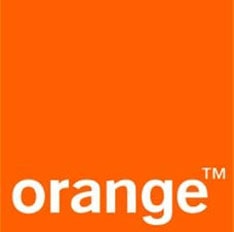 Orange Egypt
Orange Egypt Mobily
Mobily Zain Jo
Zain Jo omantel
omantel STC
STC Emirates Du
Emirates Du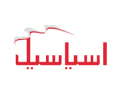 Asiacell
Asiacell Etisalat Egypt
Etisalat Egypt  Telecom Egypt
Telecom Egypt jawwal
jawwal Orange Jo
Orange Jo Umniah
Umniah Zain Sa
Zain Sa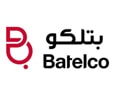 Bahrain Batelco
Bahrain Batelco Zain Bh
Zain Bh Wataniya palestine
Wataniya palestine Kuwait Viva
Kuwait Viva  Zain Kw
Zain Kw Vodafone Qa
Vodafone Qa MTN Syria
MTN Syria Syriatel
Syriatel Sabafon
Sabafon Zain Iq
Zain Iq MTN Yemen
MTN Yemen Ooredoo Kw
Ooredoo Kw Vodafone Egypt
Vodafone Egypt  Samatel
Samatel Huawei
Huawei Samsung
Samsung MOTOROLA
MOTOROLA Lenovo
Lenovo Alcatel
Alcatel LG
LG Nokia
Nokia Sony Ericsson
Sony Ericsson HTC
HTC BlackBerry
BlackBerry Siemens
Siemens Acer
Acer Sony
Sony Asus
Asus VK
VK APPLE
APPLE BenQ-Siemens
BenQ-Siemens Sagem
Sagem Eten
Eten HP
HP Panasonic
Panasonic Amoi
Amoi Toshiba
Toshiba Sharp
Sharp Sonim
Sonim Bird
Bird Mitac
Mitac Philips
Philips Vertu
Vertu Pantech
Pantech Micromax
Micromax Maxon
Maxon Haier
Haier I-mate
I-mate Gigabyte
Gigabyte I-mobile
I-mobile Kyocera
Kyocera BenQ
BenQ Microsoft
Microsoft Telit
Telit Connect
Connect Sendo
Sendo SEWON
SEWON Mitsubishi
Mitsubishi NEC
NEC DELL
DELL Thuraya
Thuraya Neonode
Neonode Be
Be Qtek
Qtek Bosch
Bosch Palm
Palm MWG
MWG Fujitsu Siemens
Fujitsu Siemens XCute
XCute WND
WND INQ
INQ O2
O2 Innostream
Innostream Benefon
Benefon Google
Google








